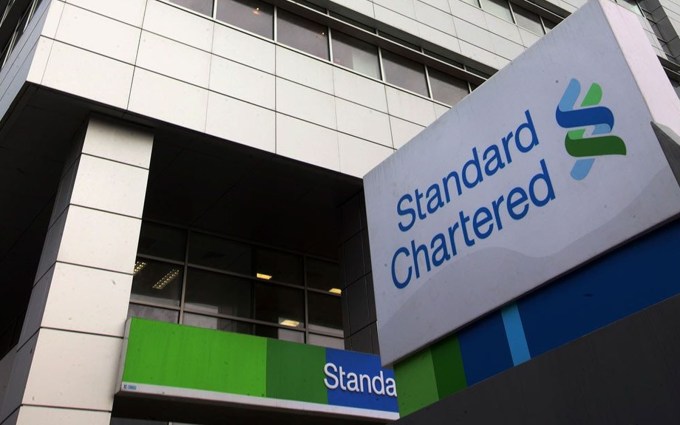Africa was the birthplace of the mobile wallet in the mid-2000s, a digital payment revolution that was driven by necessity, given limited access to bank branches and banking services. Africa has made great strides in its mobile and digital adoption with some truly world-scale success stories, such as Safaricom’s MPesa. Airtel Money and MTN recently raised capital at very attractive valuations showcasing the ability of digital to create significant value.
The COVID-19 pandemic, by stripping us of in-person interactions, has possibly pushed financial services in Africa into a ‘Goldilocks moment’. This transformation, wherein the combination of technology, platforms and customer demographics are taking place, can result in an explosive growth and lift financial participation, especially by providing equitable access to quality financial services. This also boasts a significant opportunity to promote greater gender equity in the financial sector and connect small businesses to local and regional hubs, possibly even to international markets.
However, as attractive as this African opportunity may sound, it clearly requires financial services incumbents to adopt an intent to self-disrupt and shift their mindsets. Research, and my own personal experience, clearly indicates that organisational inertia is the main reason that many transformations stumble or falter. Many incumbent banking players have set off to digitise their services or launch neobanks. Yet, digitising a retail bank (and indeed the overall bank and banking) in its truest sense is a challenge that very few players have been able to solve. It requires an inflight change not just of technology, but of entrenched structural costs and legacy mindsets of all banks, clients and regulators.
The challenge is also compounded by the expectation of an immediate growth in profitability, which again causes transformation initiatives to deviate from the overarching purpose and settle for tactical solutions rather than a truly transformational outcome. The objective of banks ought to be to reinvent and disrupt using technology and digitalisation as an enabler of increased revenue, returns, client acquisition and profits as the outcomes, which will undoubtedly follow if the services and solutions offered meet customer needs and solve their pain points.
At Standard Chartered, we sought to address these issues may charting a journey towards digitisation and self-disruption in Africa. Over the past three and a half years, the team in Standard Chartered Bank in Africa has tried to address the core issue that afflicts banking institutions – how to successfully and profitably convert a legacy international bank […]
